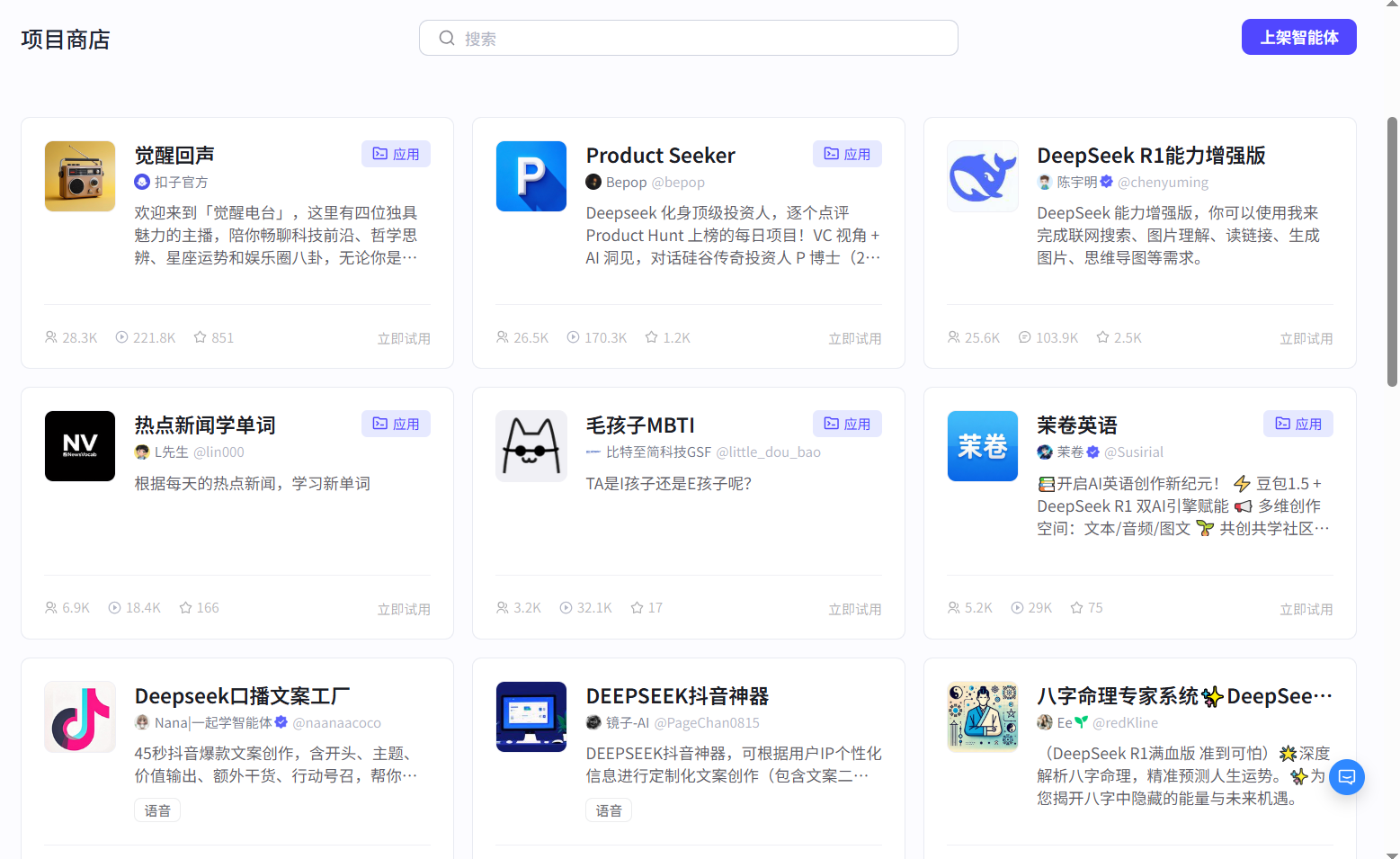
Lately, the term "AI agent" keeps popping up everywhere—in news feeds, videos—everyone seems to be talking about agents and agent marketplaces, making it feel like the latest trend.
We're all familiar with ChatGPT and Gemini, but what exactly is an AI agent? Why bother with agents when you can just use ChatGPT?
Let’s start with what an AI agent is. Simply put, it’s like a "versatile little assistant."
When you chat with ChatGPT, it can write articles and answer questions, but if you ask it to book a flight or track a package, it’ll just shrug and say, "I can’t do that!"
AI agents are different. They don’t just chat—they can "get things done." Think of ChatGPT as a smart brain without hands or feet, while an AI agent gives that brain memory and a body. It can perceive the outside world, remember what it’s done, and go out to complete tasks.
Take the popular Manus AI, for example. Ask it to write a report, and it will plan the steps, search the web for information, remember what it’s read, and deliver the final product. With ChatGPT, you’d have to find and feed it the materials yourself before it can get started.
So why do we need agents? Aren’t large language models enough? Well, large models are like "talk champions"—great at conversation but lacking in action. Agents, on the other hand, are more like "doers" that can interact with the real world.
For instance, if you say, "Help me find a cheap flight to Shanghai next week," an agent will search, compare prices, and give you a solid recommendation. ChatGPT might just chat with you about Shanghai’s scenery, offering little practical help.
In short, agents give AI a "hands-on skill," turning it from all talk into something that can actually get things done.
